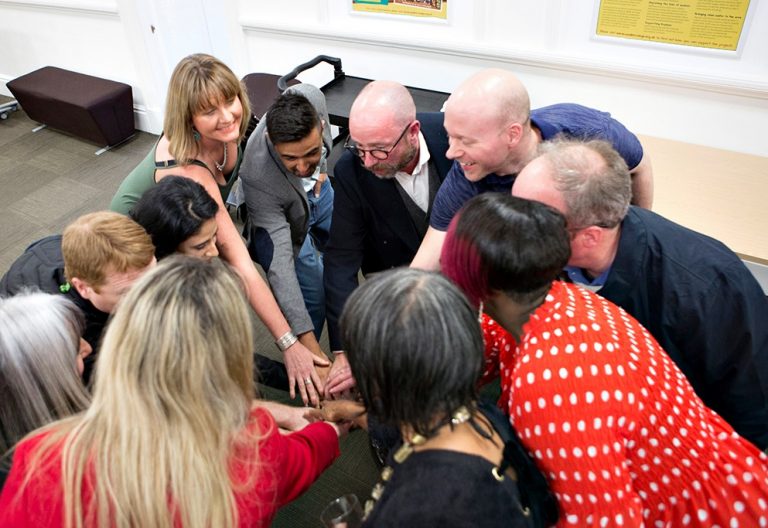In the realm of personal transformation and empowerment, coaches play a pivotal role, guiding individuals towards achieving their goals and unlocking their true potential.
However, becoming an exceptional coach requires more than just a passion for helping others; it demands the mastery of fundamental skills that enable you to connect with clients, foster growth, and inspire lasting change. Embark on a journey of coaching excellence as we uncover three essential skills that will elevate your coaching practice and transform you into a trusted guide for your clients.
1. The Art of Active Listening: The Gateway to Understanding
Imagine yourself sitting across from a client, their eyes filled with a mix of hope and uncertainty. They’re ready to share their story, their dreams, and their fears, but they need someone to listen without judgment, someone to truly hear their words and understand their emotions. This is the power of active listening, the cornerstone of effective coaching.

Active listening is not just about hearing the words your client is saying; it’s about immersing yourself in their world, understanding their emotions, and grasping the underlying message beneath their words. It’s about giving your undivided attention, maintaining eye contact, and focusing solely on your client. It’s about paraphrasing and reflecting to ensure understanding and demonstrate empathy. It’s about asking clarifying questions to gain deeper insights and avoid assumptions.
Active listening is the foundation upon which trust and rapport are built. It’s the safe space where clients feel comfortable expressing themselves freely, knowing that their words are valued and their emotions are acknowledged. Without active listening, the coaching journey becomes a mere exchange of words, devoid of the deep connection that leads to meaningful transformation.
2. The Power of Patience: Cultivating Growth and Transformation
Picture a gardener nurturing a delicate seedling, patiently tending to its needs, providing the right amount of water and sunlight, and waiting for it to blossom into a beautiful flower. This is the essence of patience, a virtue that bears immense fruit in the coaching process.
As a coach, you are not a gardener, but you are a guide, a facilitator of growth and transformation. Your role is not to rush your client’s progress or impose your own solutions. Instead, it is to provide the space and support they need to discover their own path, to find their own solutions, and to blossom at their own pace.
Patience means refraining from interrupting, allowing your client to fully express their thoughts and feelings without interjecting. It means resisting the urge to provide quick solutions, recognising that every individual’s journey is unique and that true transformation takes time and effort. It means acknowledging and validating their progress, no matter how small, celebrating their achievements along the way, and fueling their motivation to continue moving forward.
Patience is not about passivity; it is about active support, unwavering encouragement, and a deep belief in your client’s potential. It is the fertiliser that nourishes the seeds of change, allowing them to sprout and grow into something truly remarkable.
3. The Skill of Inquiry: Unleashing the Power Within
The ability to ask insightful questions is a hallmark of exceptional coaches. By asking the right questions, you can stimulate your client’s thinking, challenge their perspectives, and guide them towards deeper self-awareness. Questions are not mere information-gathering tools; they are catalysts for personal transformation.
Master the Art of Inquiry by:
- Formulating open-ended questions: Encourage exploration and avoid leading questions that narrow the conversation.
- Asking questions that promote reflection: Encourage your client to examine their thoughts, feelings, and motivations.
- Using silence effectively: Allow space for reflection and avoid rushing to fill the void with unnecessary words.
Remember, coaching is not about imposing solutions or dictating directions; it’s about empowering individuals to unlock their potential and navigate their own paths.
Approach your coaching journey with a blend of empathy, patience, and a touch of humor, and witness the remarkable transformations you can inspire.
If you’re ready to overcome your limiting beliefs and become a successful coach, I encourage you to attend one of our 1-Day Coaching Diplomas to start your coaching journey. It’ll help you to develop a plan to achieve your goals and build a successful coaching business. You can also find our beginners guide to becoming a coach here.



